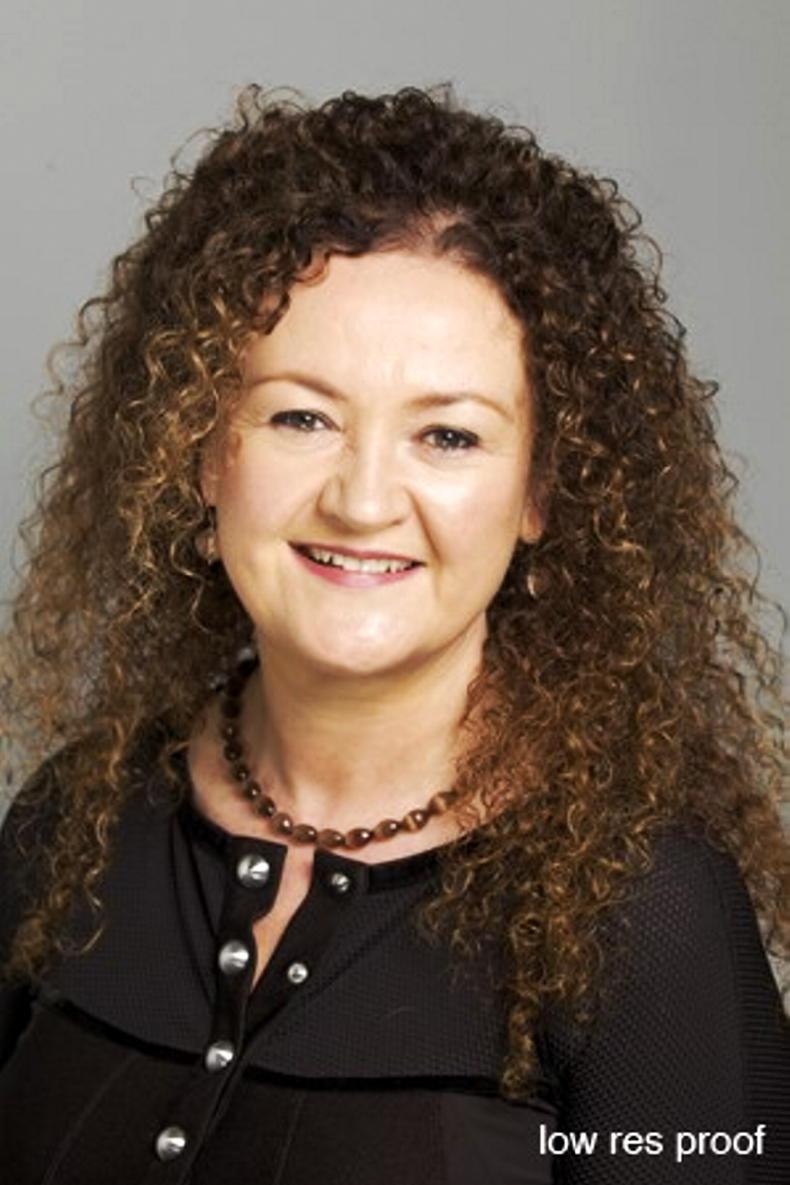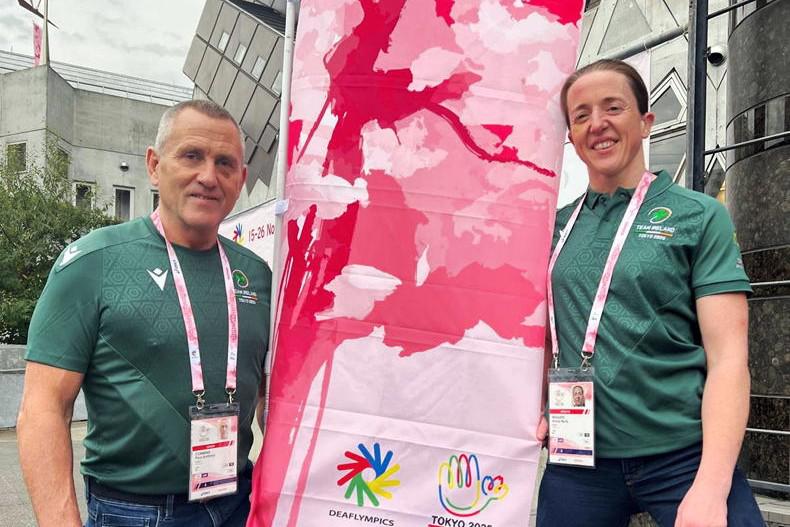Children who are developing along expected norms have an innate ability to acquire their “mother tongue”. In contrast, the ability to acquire competent reading and spelling skills must be taught. Each student’s neurological and biological make up, their preferred learning styles (visual, auditory, tactile, linguistic etc) and the presence (or absence) of any additional diagnoses can all impact on how they respond to a particular teaching methodology.
Science of reading
The one thing we know is that the science of reading pedagogy, which is a methodology that focuses on phonemic awareness, phonics, vocabulary, fluency and comprehension, works for students with literacy delays or disorders. It focuses on teaching phonics (letter sounds) and phonemic awareness (the ability to identify and manipulate speech sounds) in a systematic, explicit and hierarchical structure, leaving nothing to chance.
It helps the student build a foundation of literacy understanding, in order to decode (read) or encode (spell) unfamiliar words by applying the essential literacy rules taught for the English language. This, in turn, improves sight vocabulary and reading fluency, leading to enhanced reading comprehension. Reading comprehension is the ultimate goal, as it draws on multiple inherent and taught language and literacy abilities acquired over time.
The “one size fits all” approach to literacy tuition only serves to exclude the learners who require a different teaching approach. Literacy instruction must be differentiated to suit the individual - and a full and accurate multidisciplinary assessment can enable this process. A complete student profile empowers the teacher or therapist to amend the teaching methodology, to deliver a bespoke literacy programme that is ideally suited to the needs of the child in question.
Where to from here?
Once a literacy delay or disorder has been established, an effective “evidence based” literacy programme must be put into effect. Providing random worksheets, or more of the same that didn’t work in the first place, is a waste of important academic time for the student and only serves to widen the literacy-deficit gap.
There are many literacy intervention programmes available out there, which are used both in schools and privately by parents at home. Some provide “part solutions” for literacy improvement, however many are not evidence-based. From my own clinical experience over the last 35 years, the overriding advice I give to parents and teachers is only engage with evidence based, proven literacy programmes that follow the “science of reading” pedagogy.
There are some suitable programmes available in schools in Ireland and also provided in private practices. The most popular includes Jolly Phonics (for the younger child), the Orton Gillingham Programme, Alpha to Omega and The Wilson Method, to name but a few.
WordsWorthLearning
The WordsWorthLearning Programme (WWL) was developed by myself over the last 30 years. It is an evidence-based solution for children and adults with specific learning difficulties. I deliver this as an online programme which offers a complete step-by-step solution for remediating or improving literacy skills. It consists of a series of seven hierarchical levels:
Level 1 begins at the cusp between pre-reading/spelling and emerging reading/spelling stages, with a focus on articulation awareness and the identification of 43 speech sounds/phonemes and their letter representations.
Level 2 focuses on phonological processing to teach the identification of individual speech sounds and the number and order of sounds in nonsense words.
Level 3 teaches “word attack” skills for both reading and spelling of single syllable nonsense words.
Level 4 introduces 20 essential foundation rules for the English language, expanding on known rules and introducing unique rules to explain the anomalies in the English language.
Level 5 integrates and consolidates what has been taught so far, and introduces a highly effective visualisation technique for learning spellings.
Level 6 teaches nine syllable division rules for both reading and spelling and integrates them into words of increasing complexity, along with short bespoke stories.
Level 7 teaches the prefixes, suffixes and common word endings found in the English language, and the rules that govern them.
To be competent at reading and spelling, students need to understand the principles of sound/symbol association and to establish a bank of high-frequency “sight words”.
Why this approach works
To be competent at reading and spelling, students need to understand the principles of sound/symbol association and to establish a bank of high-frequency “sight words”. Most children need explicit teaching to build this knowledge and master these fundamental skills and as reading and spelling skills are established, attention can increasingly be devoted to vocabulary enrichment, reading comprehension and written expression.
Throughout the programme there are interactive exercises focusing on the target learning concept, which allows for “overlearning” and provides plenty of “scaffolding” to reinforce the student’s learning. At specific intervals there are also multiple choice questionnaires to ensure that the student has grasped the concepts being taught and if not, they are directed back to specific areas in the programme to revise. This programme is suitable for students from seven years of age to adult and who are within the average range of intellectual ability. No prior training is required as the student, parent or teacher are guided through multiple short teaching videos. As a result it is suitable for use both at home and in school, the former allowing parents to “take the initiative” to remediate their child’s literacy difficulties.
Whatever approach you decide to take, act now, maintain consistency with delivery and celebrate all small incremental gains, as cumulatively large academic achievements can be made.
About

Rita Treacy is a speech and language therapist based in Nenagh, Co Tipperary
Rita Treacy is a speech and language therapist, specialising in the area of specific learning difficulties/dyslexia for over 35 years. During her career she was Principal SLT, for 10 years, within the Lucena Clinic CAMHS. She is co-owner/director of “WordsWorth Learning Ltd” (WWL) and author of the online ‘WordsWorthLearning’ literacy programme. Rita wrote her first book in 2017 “Dyslexia Unravelled” (published by Orpen Press). She has been involved in a number of high profile EU/Horizon 2020 & Prison Projects and runs a specialist Private Practice in Nenagh, Co Tipperary for the assessment and treatment of Specific Learning Difficulties. Visit wordsworthlearning.com or call Rita on (086) 6010144
Read more
Macra partners with UCD and UCC for educational courses
World Book Day 2023: reaching as many children as possible
Children who are developing along expected norms have an innate ability to acquire their “mother tongue”. In contrast, the ability to acquire competent reading and spelling skills must be taught. Each student’s neurological and biological make up, their preferred learning styles (visual, auditory, tactile, linguistic etc) and the presence (or absence) of any additional diagnoses can all impact on how they respond to a particular teaching methodology.
Science of reading
The one thing we know is that the science of reading pedagogy, which is a methodology that focuses on phonemic awareness, phonics, vocabulary, fluency and comprehension, works for students with literacy delays or disorders. It focuses on teaching phonics (letter sounds) and phonemic awareness (the ability to identify and manipulate speech sounds) in a systematic, explicit and hierarchical structure, leaving nothing to chance.
It helps the student build a foundation of literacy understanding, in order to decode (read) or encode (spell) unfamiliar words by applying the essential literacy rules taught for the English language. This, in turn, improves sight vocabulary and reading fluency, leading to enhanced reading comprehension. Reading comprehension is the ultimate goal, as it draws on multiple inherent and taught language and literacy abilities acquired over time.
The “one size fits all” approach to literacy tuition only serves to exclude the learners who require a different teaching approach. Literacy instruction must be differentiated to suit the individual - and a full and accurate multidisciplinary assessment can enable this process. A complete student profile empowers the teacher or therapist to amend the teaching methodology, to deliver a bespoke literacy programme that is ideally suited to the needs of the child in question.
Where to from here?
Once a literacy delay or disorder has been established, an effective “evidence based” literacy programme must be put into effect. Providing random worksheets, or more of the same that didn’t work in the first place, is a waste of important academic time for the student and only serves to widen the literacy-deficit gap.
There are many literacy intervention programmes available out there, which are used both in schools and privately by parents at home. Some provide “part solutions” for literacy improvement, however many are not evidence-based. From my own clinical experience over the last 35 years, the overriding advice I give to parents and teachers is only engage with evidence based, proven literacy programmes that follow the “science of reading” pedagogy.
There are some suitable programmes available in schools in Ireland and also provided in private practices. The most popular includes Jolly Phonics (for the younger child), the Orton Gillingham Programme, Alpha to Omega and The Wilson Method, to name but a few.
WordsWorthLearning
The WordsWorthLearning Programme (WWL) was developed by myself over the last 30 years. It is an evidence-based solution for children and adults with specific learning difficulties. I deliver this as an online programme which offers a complete step-by-step solution for remediating or improving literacy skills. It consists of a series of seven hierarchical levels:
Level 1 begins at the cusp between pre-reading/spelling and emerging reading/spelling stages, with a focus on articulation awareness and the identification of 43 speech sounds/phonemes and their letter representations.
Level 2 focuses on phonological processing to teach the identification of individual speech sounds and the number and order of sounds in nonsense words.
Level 3 teaches “word attack” skills for both reading and spelling of single syllable nonsense words.
Level 4 introduces 20 essential foundation rules for the English language, expanding on known rules and introducing unique rules to explain the anomalies in the English language.
Level 5 integrates and consolidates what has been taught so far, and introduces a highly effective visualisation technique for learning spellings.
Level 6 teaches nine syllable division rules for both reading and spelling and integrates them into words of increasing complexity, along with short bespoke stories.
Level 7 teaches the prefixes, suffixes and common word endings found in the English language, and the rules that govern them.
To be competent at reading and spelling, students need to understand the principles of sound/symbol association and to establish a bank of high-frequency “sight words”.
Why this approach works
To be competent at reading and spelling, students need to understand the principles of sound/symbol association and to establish a bank of high-frequency “sight words”. Most children need explicit teaching to build this knowledge and master these fundamental skills and as reading and spelling skills are established, attention can increasingly be devoted to vocabulary enrichment, reading comprehension and written expression.
Throughout the programme there are interactive exercises focusing on the target learning concept, which allows for “overlearning” and provides plenty of “scaffolding” to reinforce the student’s learning. At specific intervals there are also multiple choice questionnaires to ensure that the student has grasped the concepts being taught and if not, they are directed back to specific areas in the programme to revise. This programme is suitable for students from seven years of age to adult and who are within the average range of intellectual ability. No prior training is required as the student, parent or teacher are guided through multiple short teaching videos. As a result it is suitable for use both at home and in school, the former allowing parents to “take the initiative” to remediate their child’s literacy difficulties.
Whatever approach you decide to take, act now, maintain consistency with delivery and celebrate all small incremental gains, as cumulatively large academic achievements can be made.
About

Rita Treacy is a speech and language therapist based in Nenagh, Co Tipperary
Rita Treacy is a speech and language therapist, specialising in the area of specific learning difficulties/dyslexia for over 35 years. During her career she was Principal SLT, for 10 years, within the Lucena Clinic CAMHS. She is co-owner/director of “WordsWorth Learning Ltd” (WWL) and author of the online ‘WordsWorthLearning’ literacy programme. Rita wrote her first book in 2017 “Dyslexia Unravelled” (published by Orpen Press). She has been involved in a number of high profile EU/Horizon 2020 & Prison Projects and runs a specialist Private Practice in Nenagh, Co Tipperary for the assessment and treatment of Specific Learning Difficulties. Visit wordsworthlearning.com or call Rita on (086) 6010144
Read more
Macra partners with UCD and UCC for educational courses
World Book Day 2023: reaching as many children as possible










SHARING OPTIONS